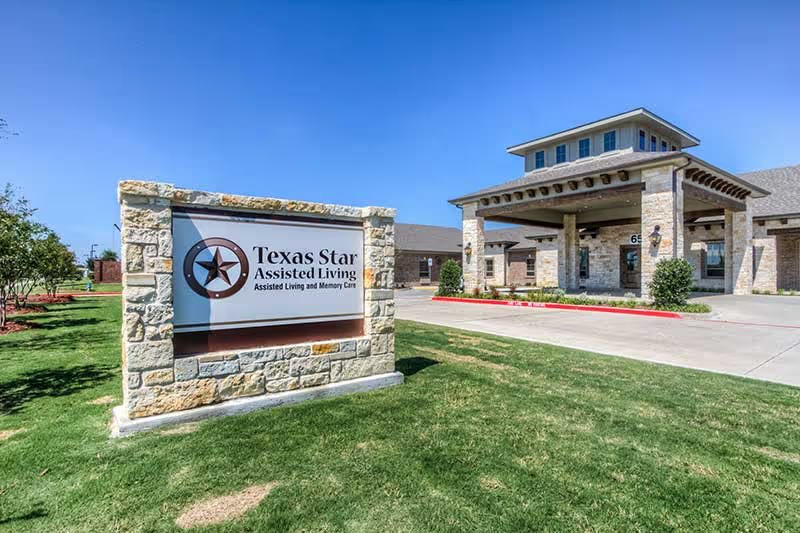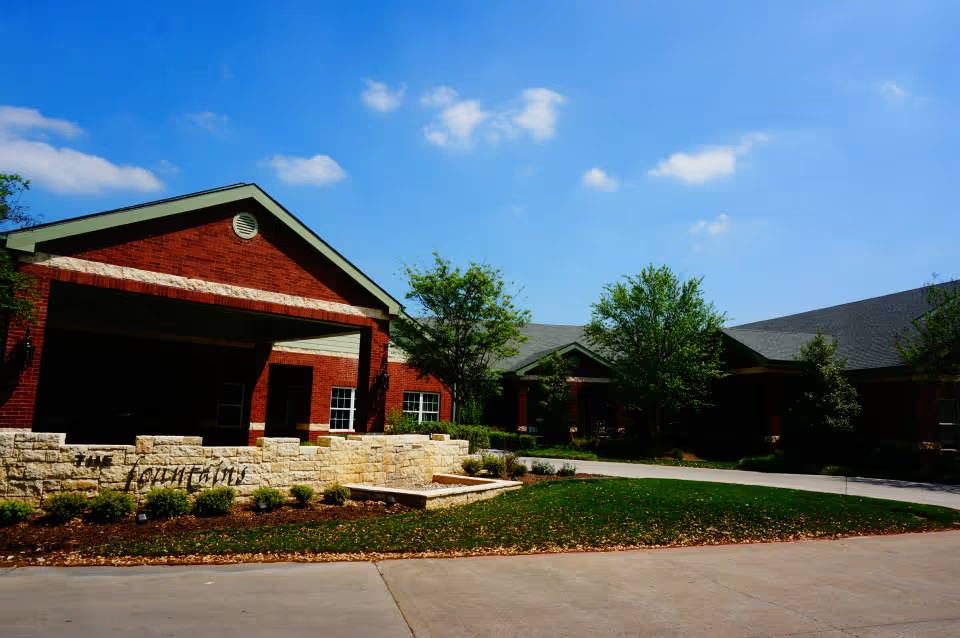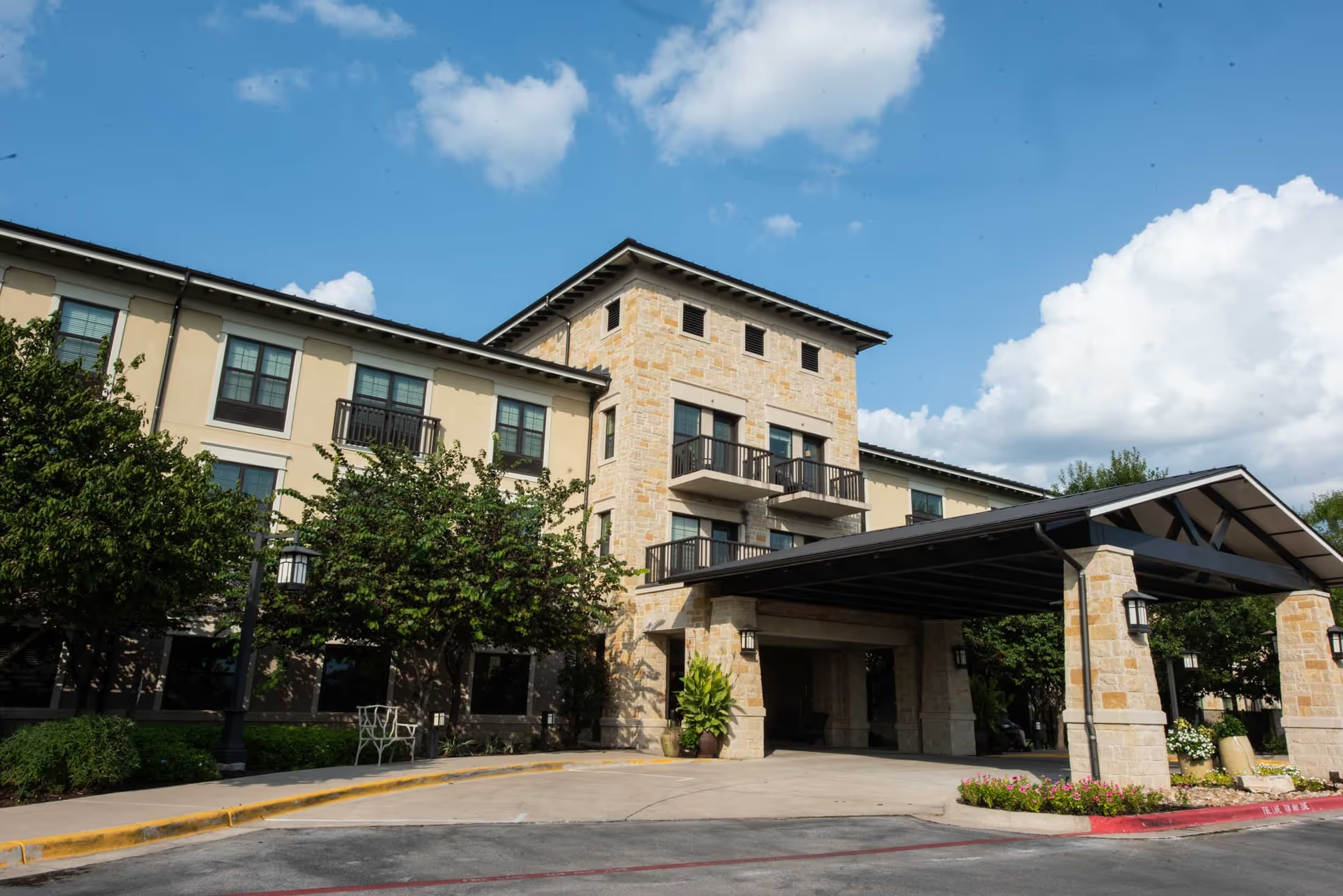Overall sentiment in these reviews is mixed but leans negative because of several serious safety and communication concerns despite clearly reported strengths in therapy services and some individual staff. The most consistently praised element across the summaries is the therapy department: reviewers highlight an "awesome" therapy team that is encouraging, helps residents meet goals, and provides motivational support. Individual staff members are also singled out positively (for example, Roslyn is described as patient and attentive). Proximity to family is noted as a practical advantage of this location.
However, the favorable impressions of therapy and a few caring staff are contrasted sharply by multiple, recurrent criticisms about nursing care, communication, and facility conditions. Several reviewers report overnight staff neglect: call lights are ignored, residents are not assisted to the restroom, and basic assistance needs appear unmet. These accounts suggest inconsistent direct-care staffing or responsiveness during night shifts. Related to direct care, medication management is explicitly criticized, and one reviewer associates medication mismanagement and poor care with patient deterioration and death, which is a serious allegation indicating potential clinical and safety issues.
Communication and management problems are another dominant theme. Reviewers describe poor communication with families, staff who are disinterested or rude, and situations where family members were refused information or literally hung up on. There is a particularly troubling report that a resident's family was not informed about the resident's death and that the facility had the resident listed as having "no known family," which raises concerns about record-keeping, escalation protocols, and family notification procedures. Additionally, reviewers note unclear staff roles/job titles, which can contribute to confusion about responsibility and accountability when families seek information or when care coordination is required.
Facility environment concerns also appear in multiple summaries. Complaints about bad smells and pest problems indicate issues with housekeeping, infection control, or physical plant maintenance. While these issues do not appear as frequently as staffing and communication problems, they nonetheless contribute substantially to an overall impression of neglect and poor living conditions for residents when present.
Taken together, the reviews point to a facility with a notable strength in rehabilitative therapy and some compassionate staff members, but with significant and recurring weaknesses in nursing responsiveness (especially overnight), medication handling, communication with families, and environmental maintenance. The pattern is one of inconsistent quality — pockets of good care (therapy, specific employees) surrounded by systemic gaps that have led to severe negative outcomes in reviewers' experiences.
Areas that most urgently require attention based on these reviews are overnight staffing levels and responsiveness, medication administration and monitoring protocols, family communication and notification procedures, clarity of staff roles, and housekeeping/pest control. If management can stabilize clinical practices, improve training and supervision for nursing/overnight staff, enforce clear communication protocols with families, and address environmental sanitation, the facility could more reliably deliver the positive experiences that reviewers attribute to the therapy team and individual caregivers. Until those systemic issues are addressed, however, the overall risk perceived by reviewers remains high and colors the overall reputation of the center.







